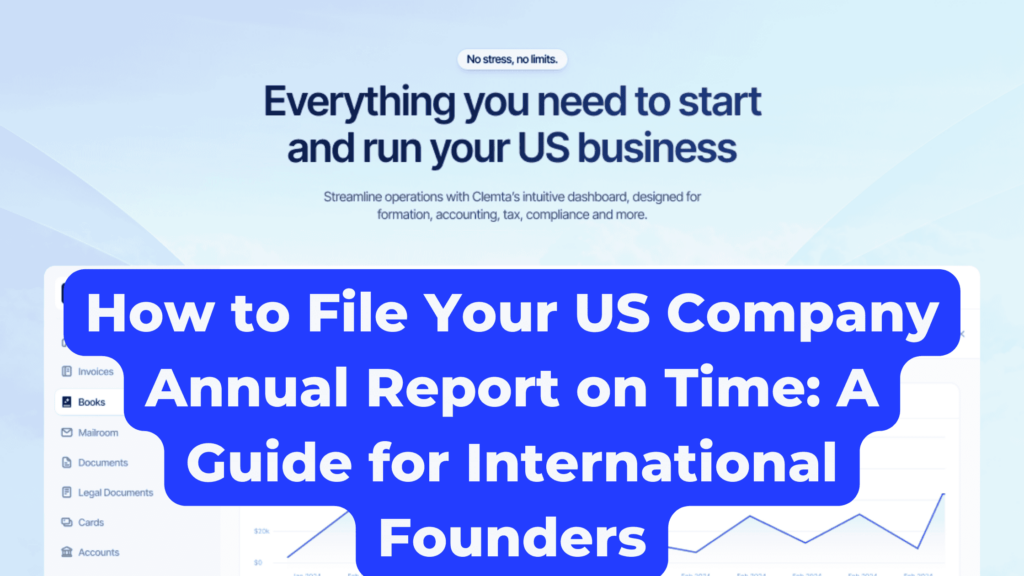When you’ve successfully incorporated your business in Delaware, a hub for many startups and corporations, the next natural progression is considering expansion into other states. This move is particularly common among e-commerce business owners who navigate a digital marketplace that knows no geographical limits. The thought of expanding can be both exciting and daunting, especially when it comes to understanding the legalities involved in doing business across state lines.
Understanding Foreign Qualification: The Basics
Expanding your business to another state involves a process known as “foreign qualification.” Contrary to what the term might suggest, foreign qualification doesn’t entail international expansion but rather registering your Delaware-based business as a foreign entity in another U.S. state. This process ensures that your business complies with local laws and can operate legally within that state’s jurisdiction.
Key Considerations for Expanding Beyond Delaware
Before diving into the registration process, it’s essential to consider several factors that can influence your expansion strategy:
- State-Specific Requirements: Each state has its own set of rules and regulations when it comes to business registration. Research and understand these requirements to avoid legal hassles.
- Tax Implications: Be aware that expanding into a new state may have tax consequences. Consult with a tax professional to understand potential state taxes and fees.
- Market Research: Analyze the target market in the state you wish to expand into to ensure there’s demand for your products or services.
How to Register Your Delaware Company in Another State
Once you’ve decided to expand and considered the key factors, the next step is to register your business as a foreign entity in your desired state. Here’s a simplified guide to help you through the process:
- Go on Clemta.com: An excellent resource for businesses looking to expand, Clemta can assist you with navigating the foreign qualification process.
- Get in Touch: Reach out to Clemta by clicking the “Contact Us” button or emailing [email protected] or [email protected]. Clearly specify your case and the state you wish to register in.
- Let Clemta Manage the Process: After specifying your case, Clemta will handle the intricate details of the foreign qualification process, ensuring your business complies with all legal requirements in your target state.
- Successful Registration: Once Clemta completes the registration process, your business will be legally recognized in your target state, allowing you to operate seamlessly and focus on growth.
Benefits of Registering as a Foreign Entity
Taking the steps to register as a foreign entity doesn’t just ensure legal compliance; it comes with several business advantages:
- Expanded Market Reach: Access a broader customer base and increase your brand’s visibility.
- Increased Trust: Operating legally fosters trust among consumers and partners in a new state.
- Competitive Edge: Being present in multiple states can give you a competitive advantage over businesses that are limited to a single state market.
Final Thoughts: Strategizing Your Growth
Expanding your business beyond Delaware can be a strategic growth avenue that requires careful preparation and planning. By understanding the foreign qualification process and leveraging resources like Clemta.com, you can navigate this journey with confidence and focus on what matters most—growing and scaling your business.







